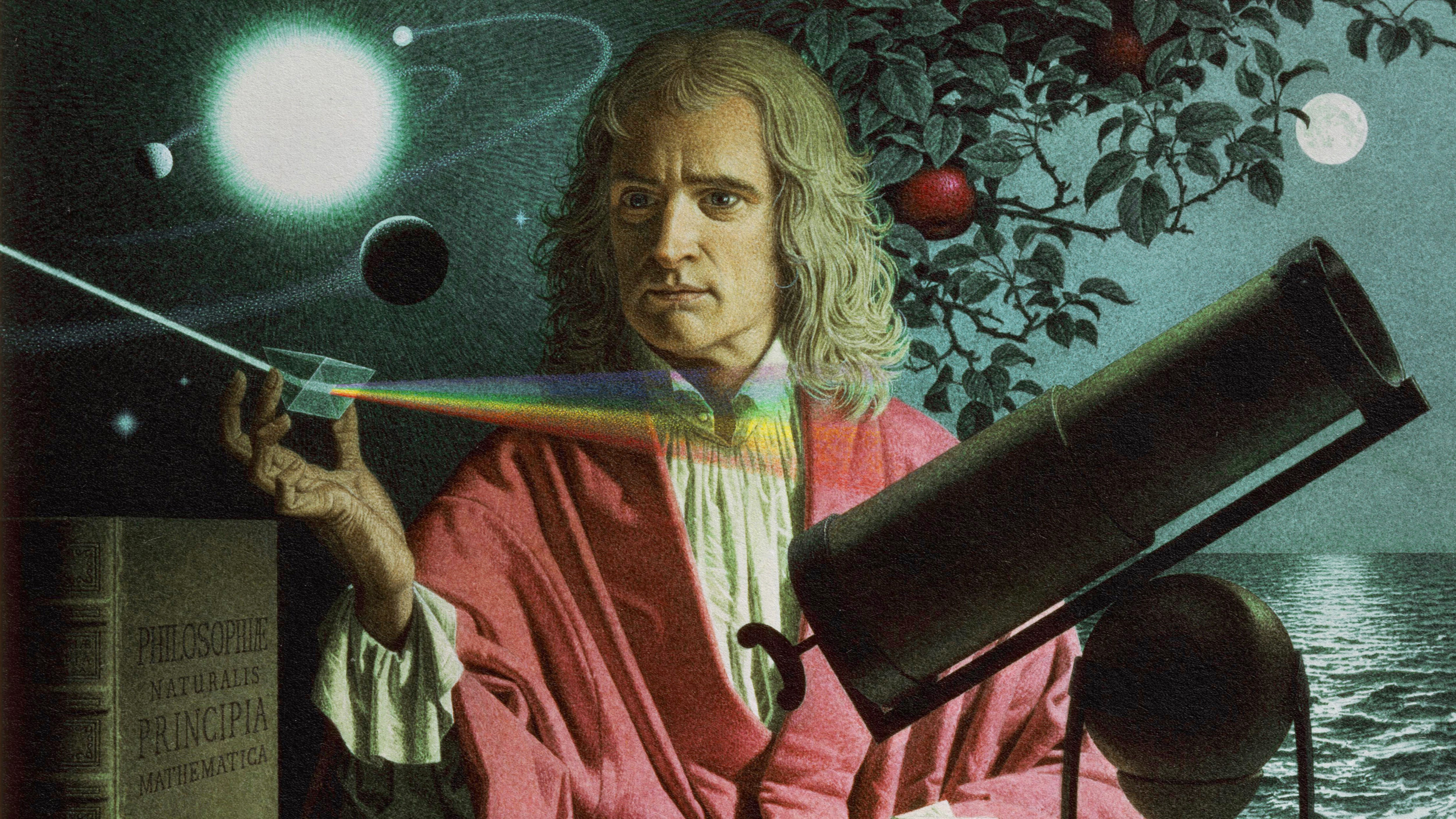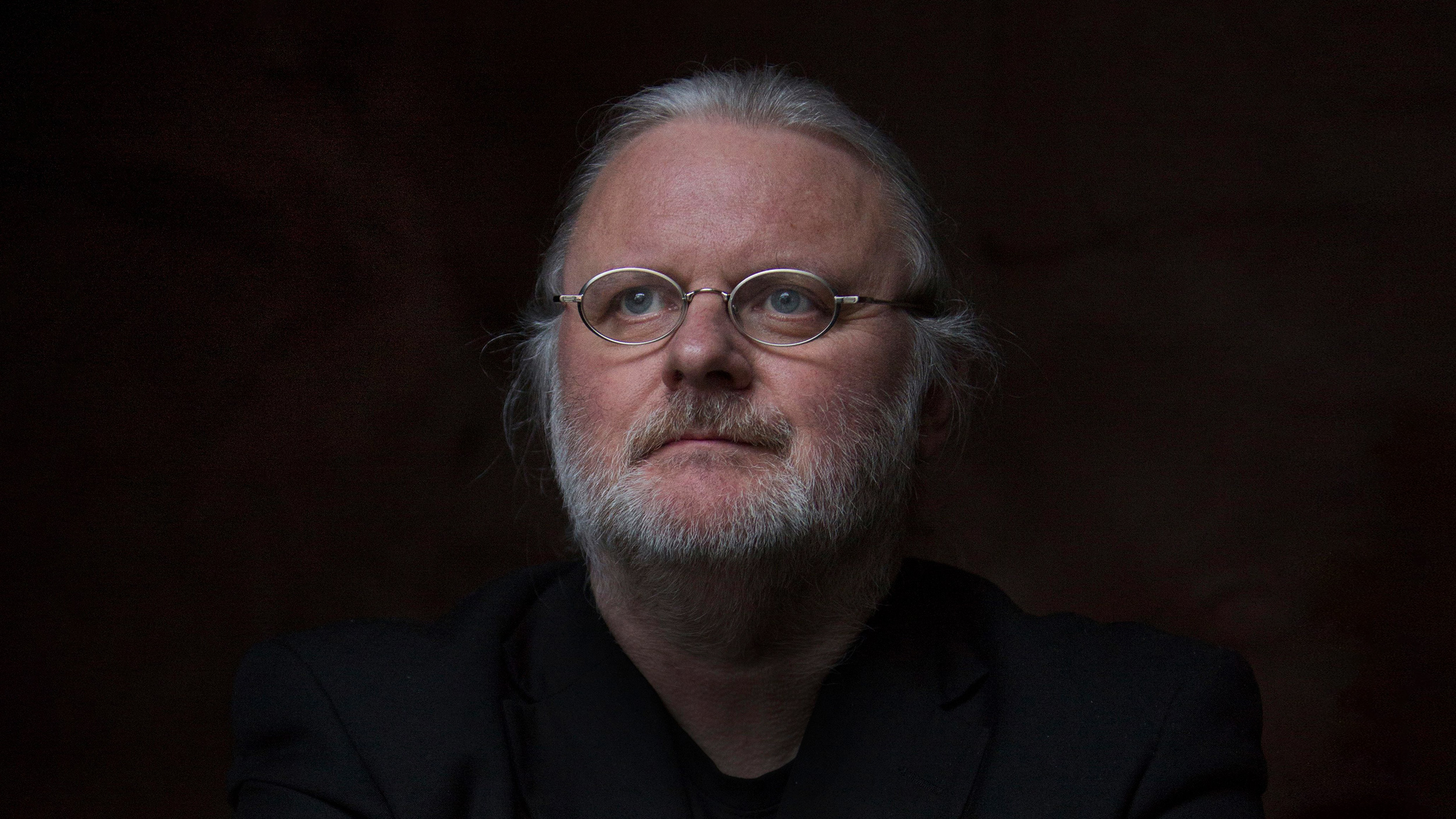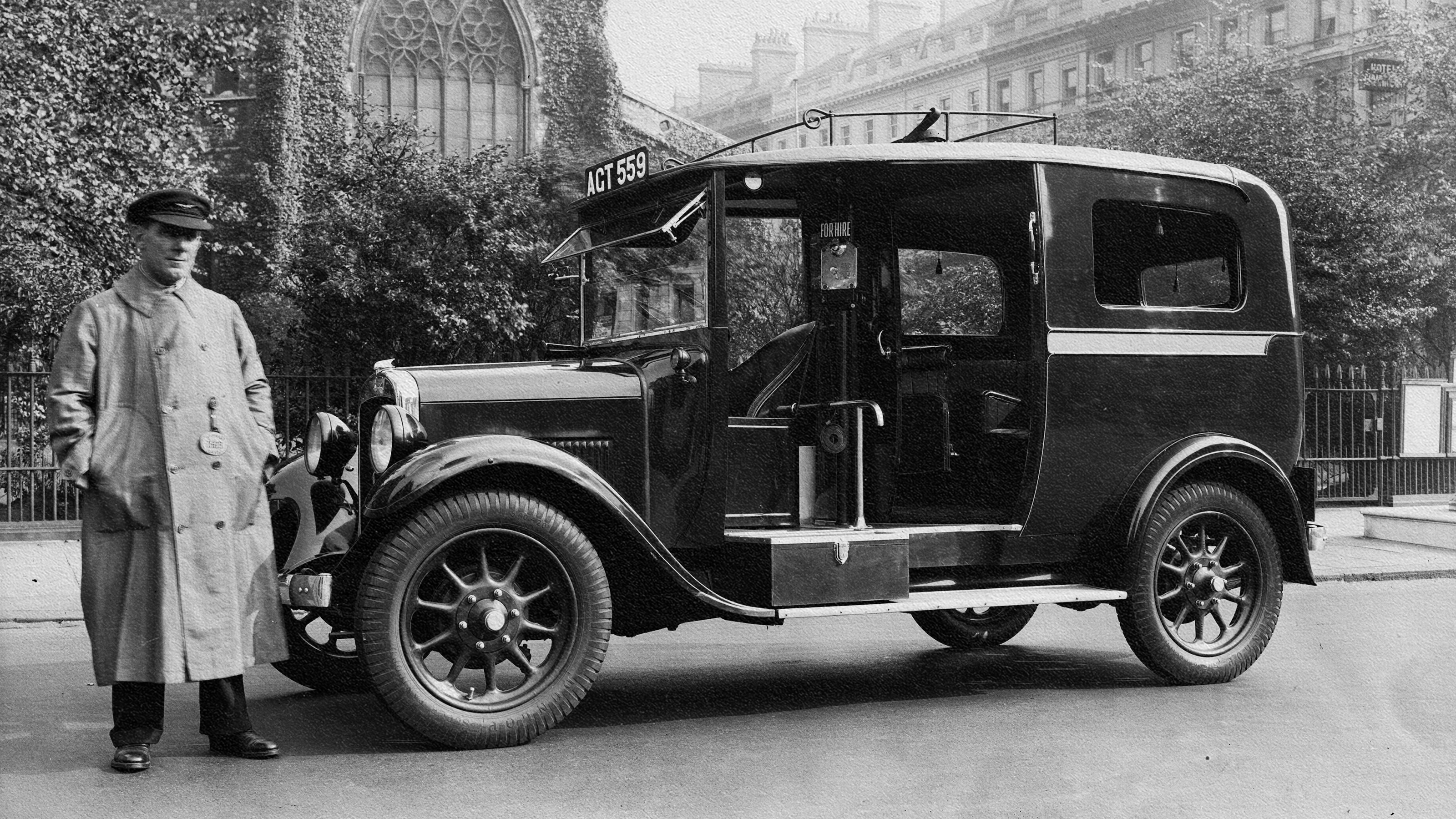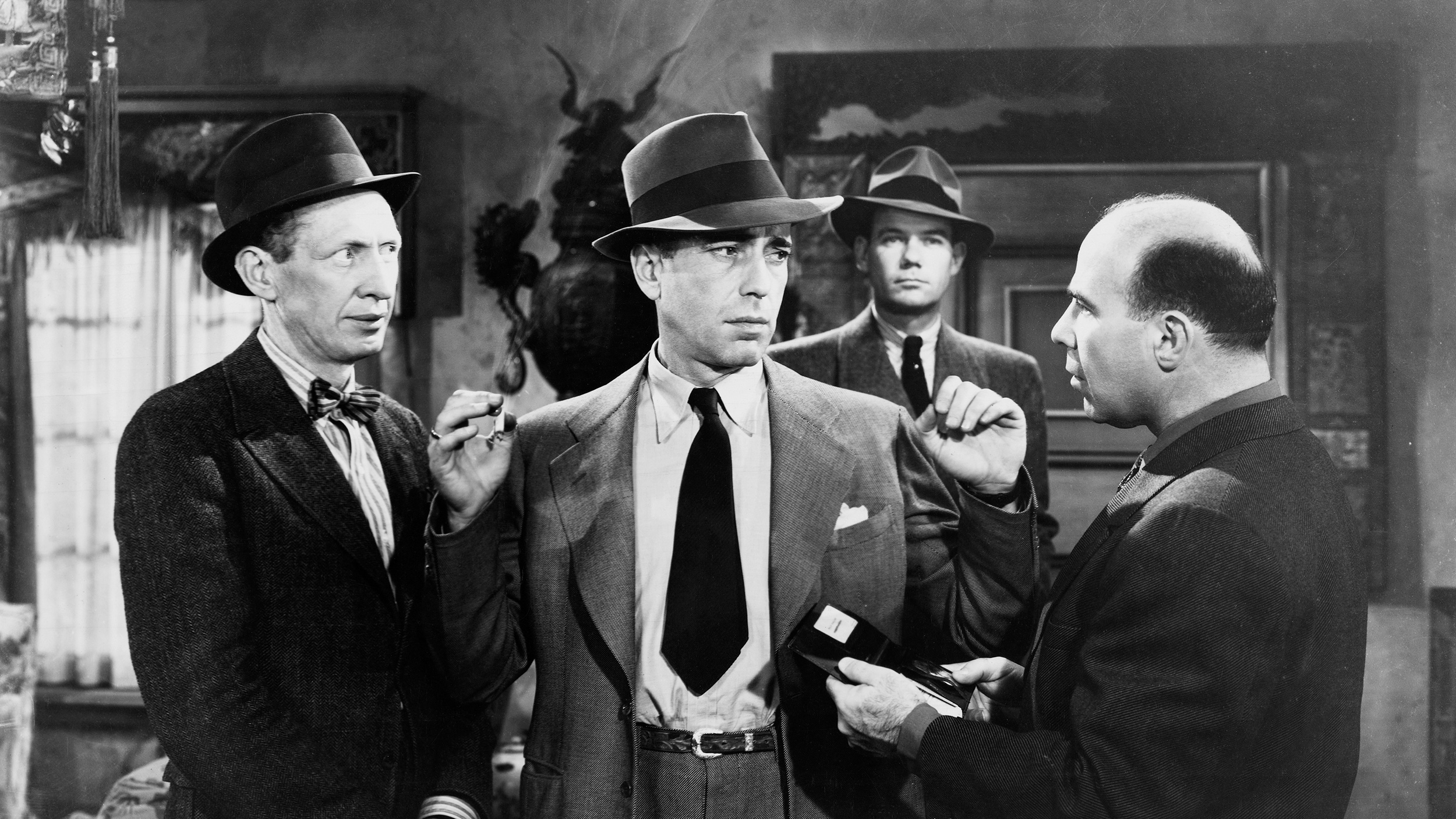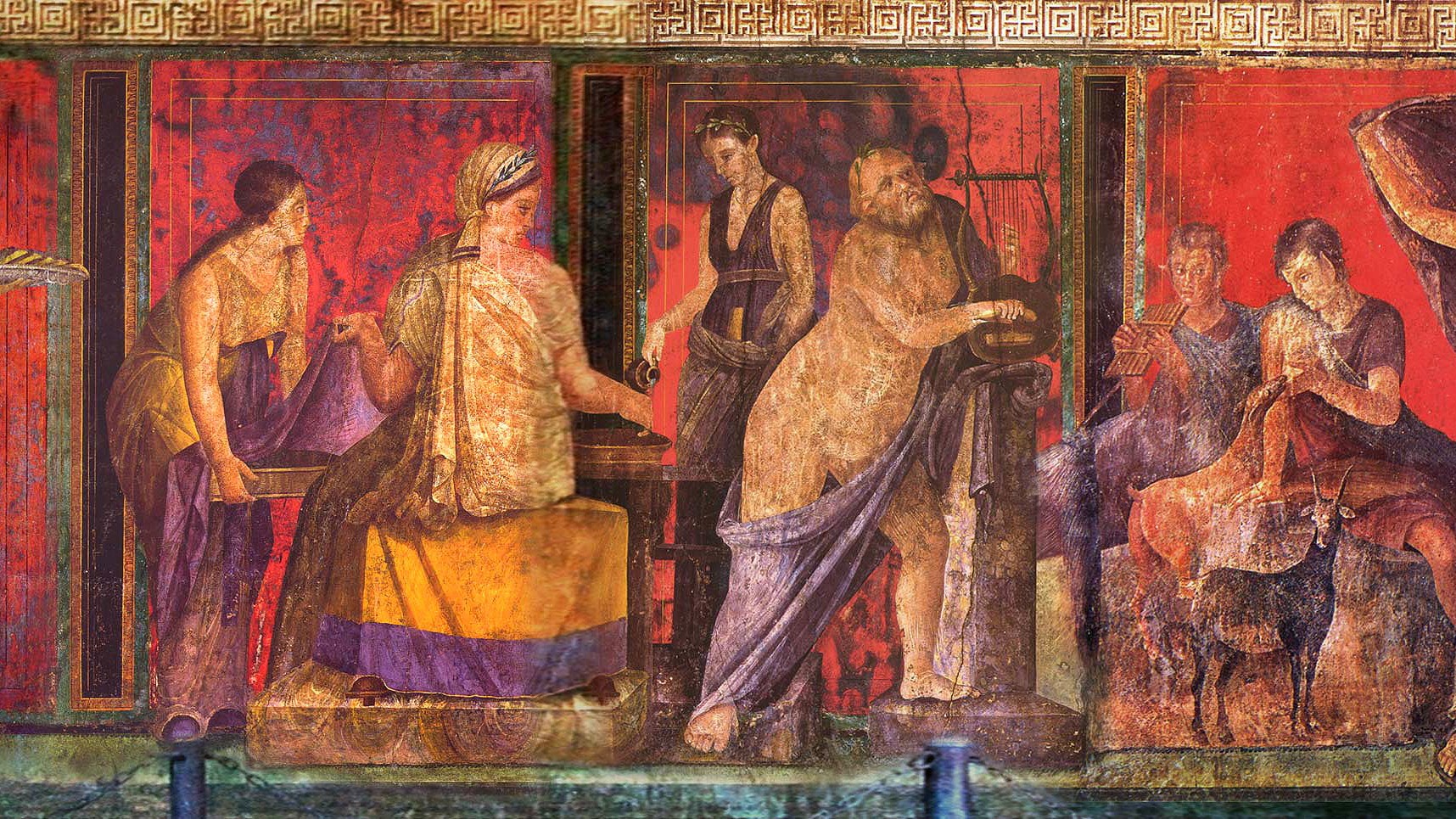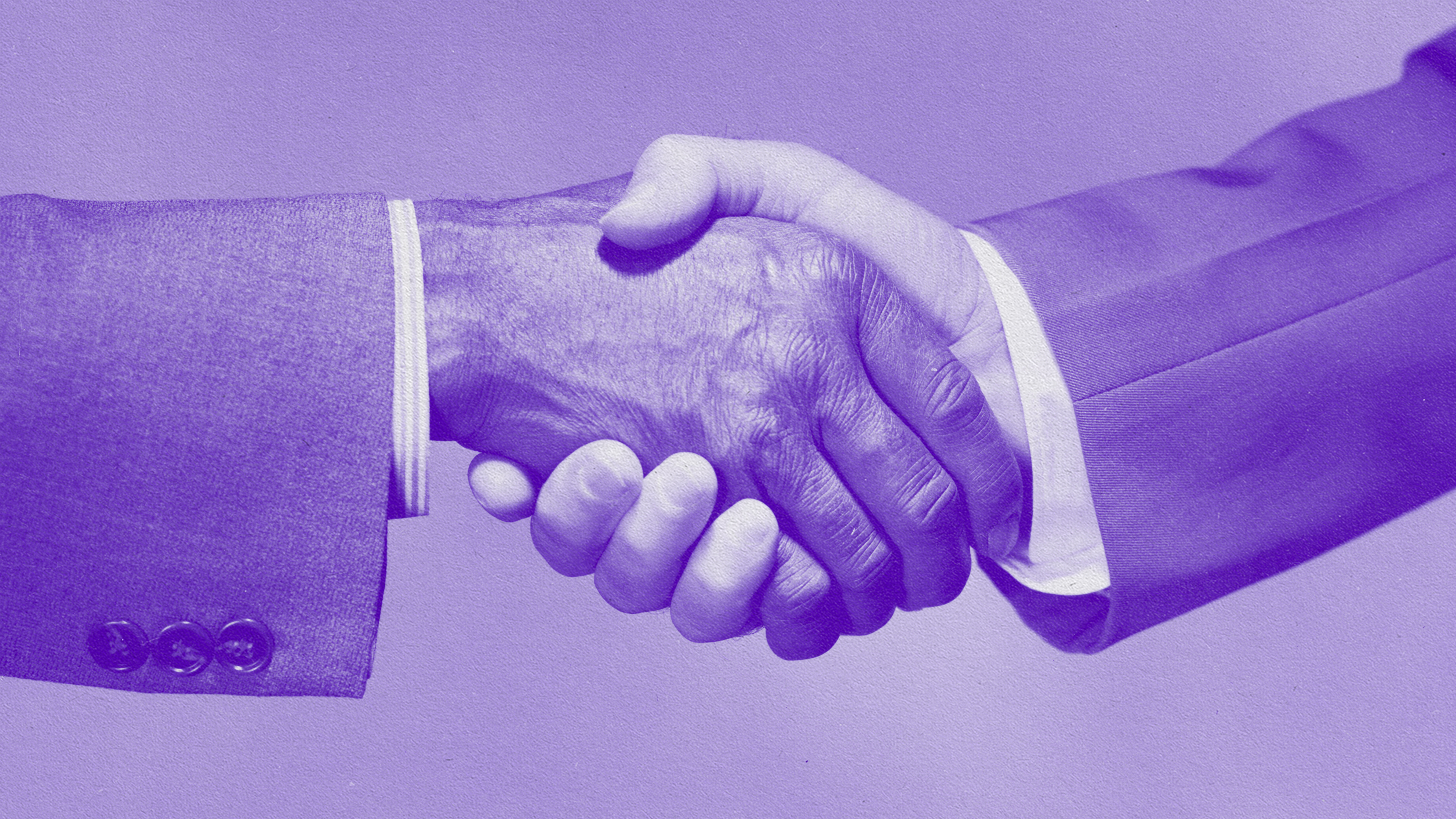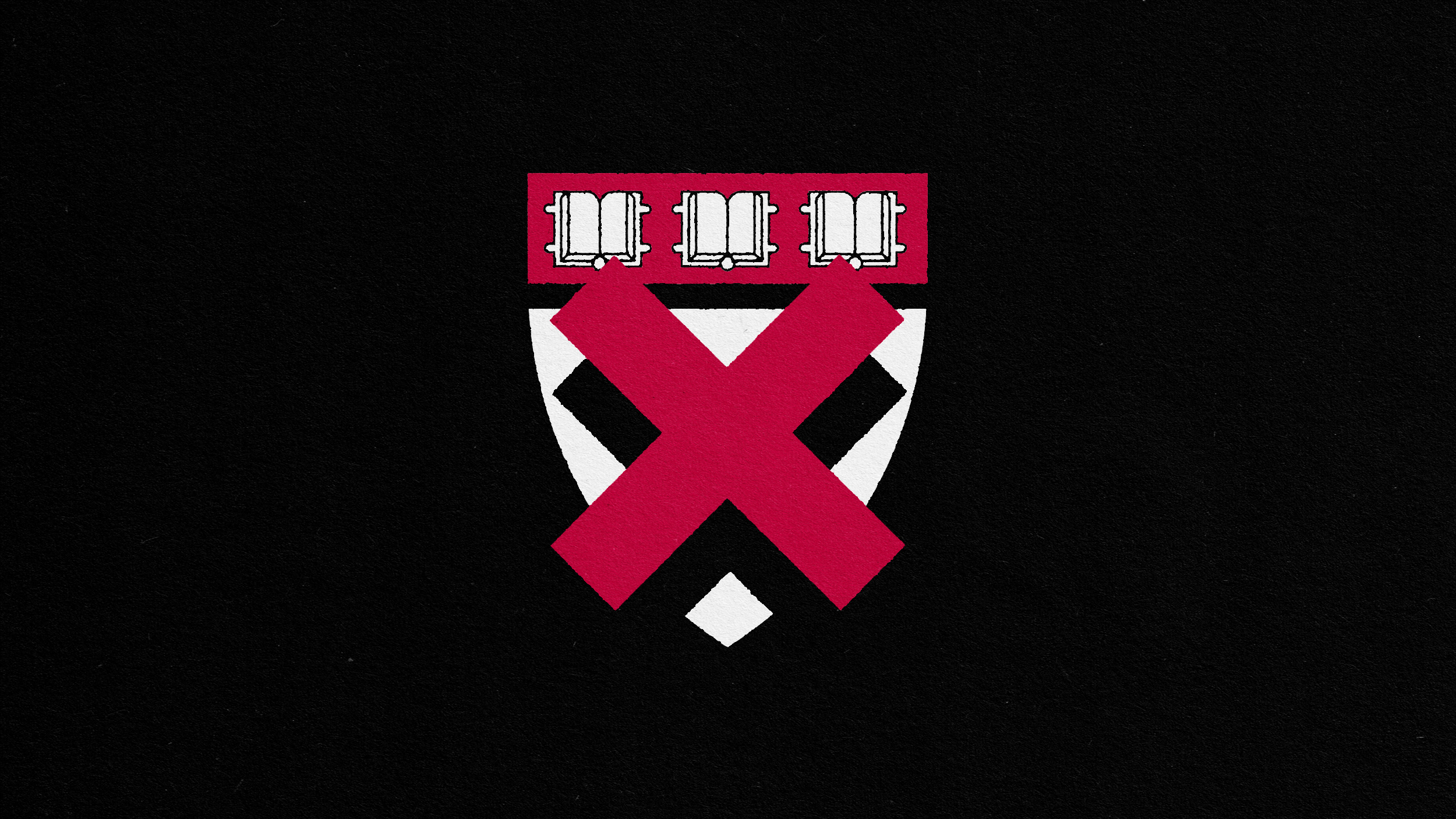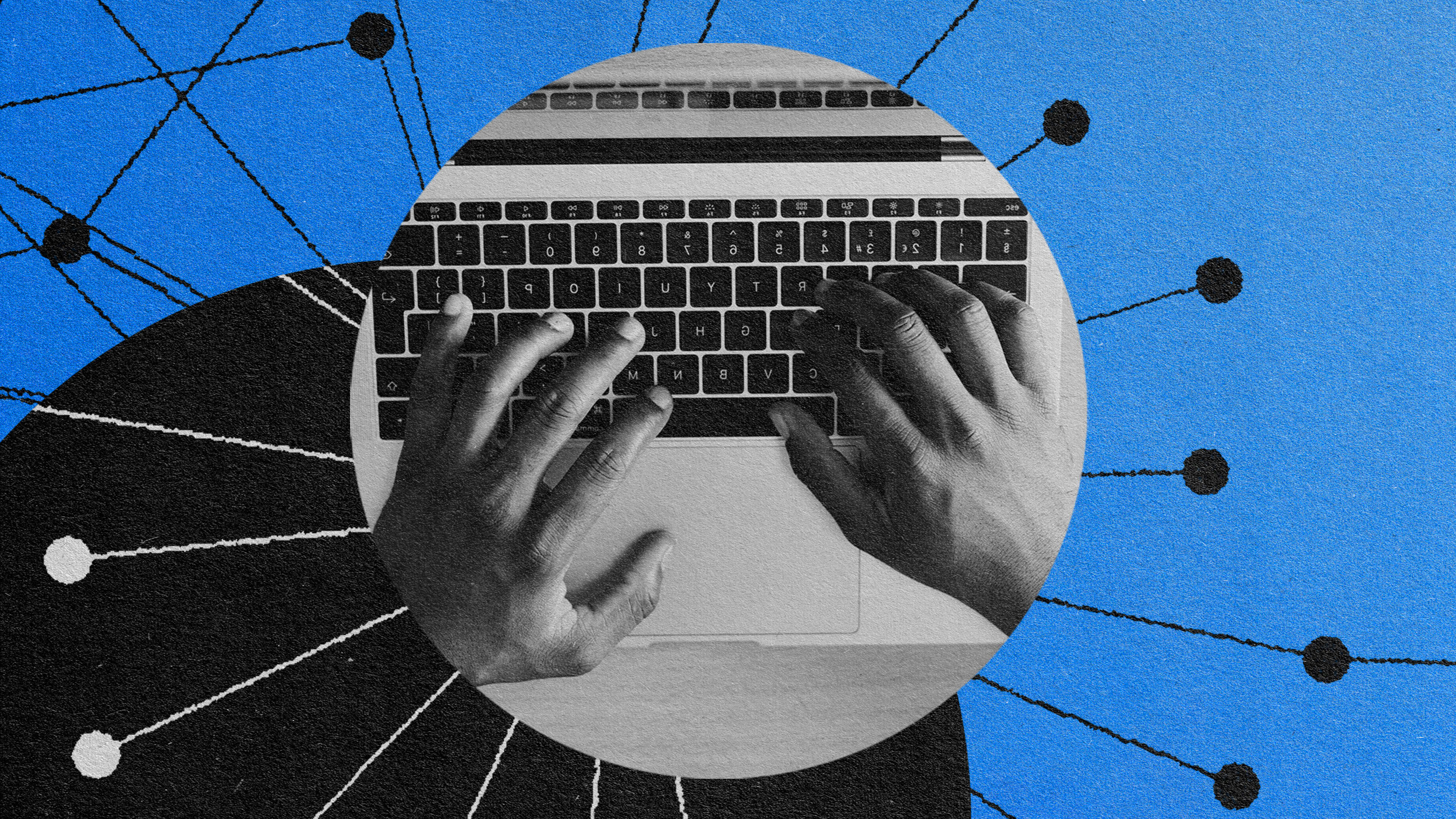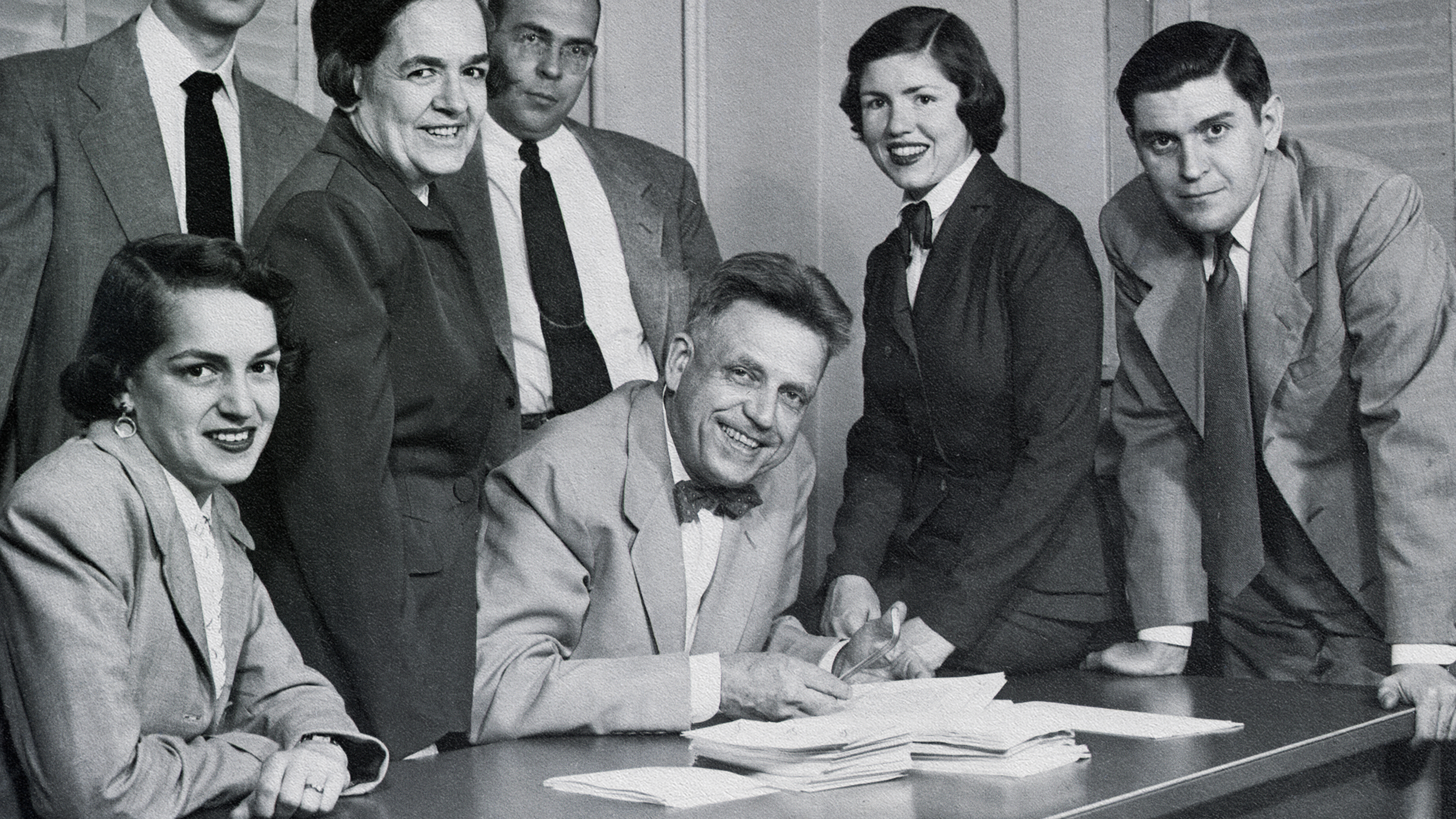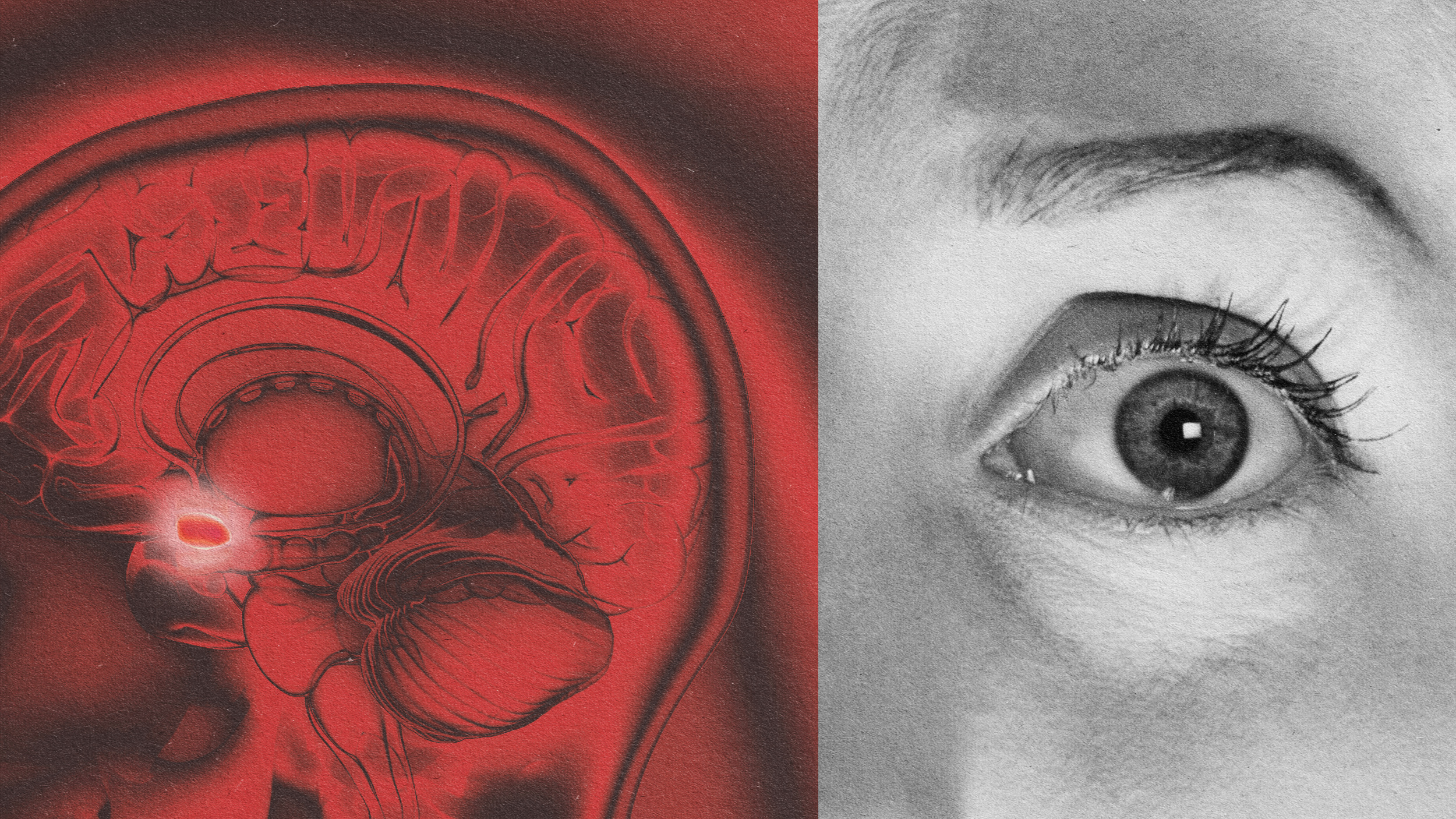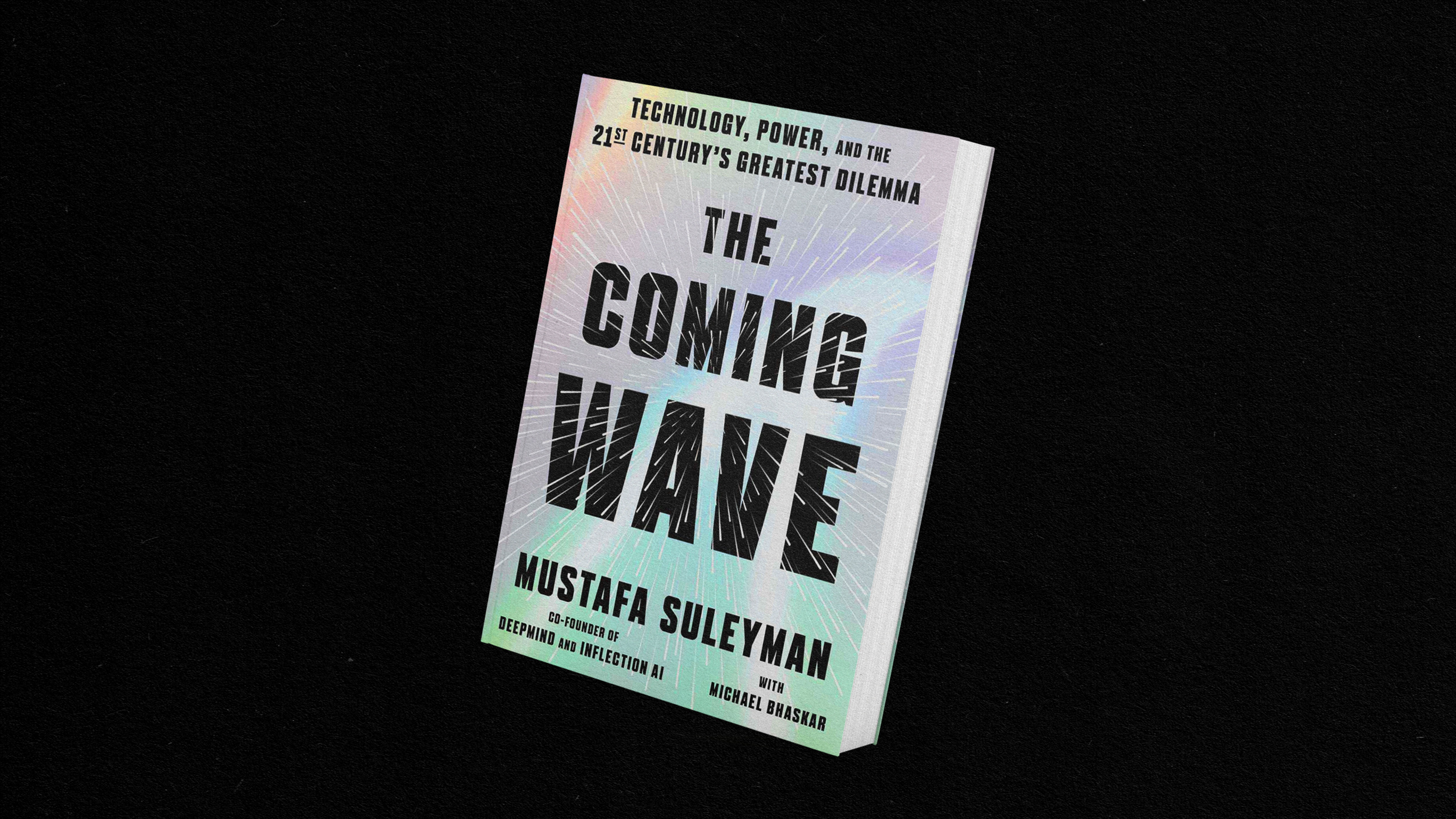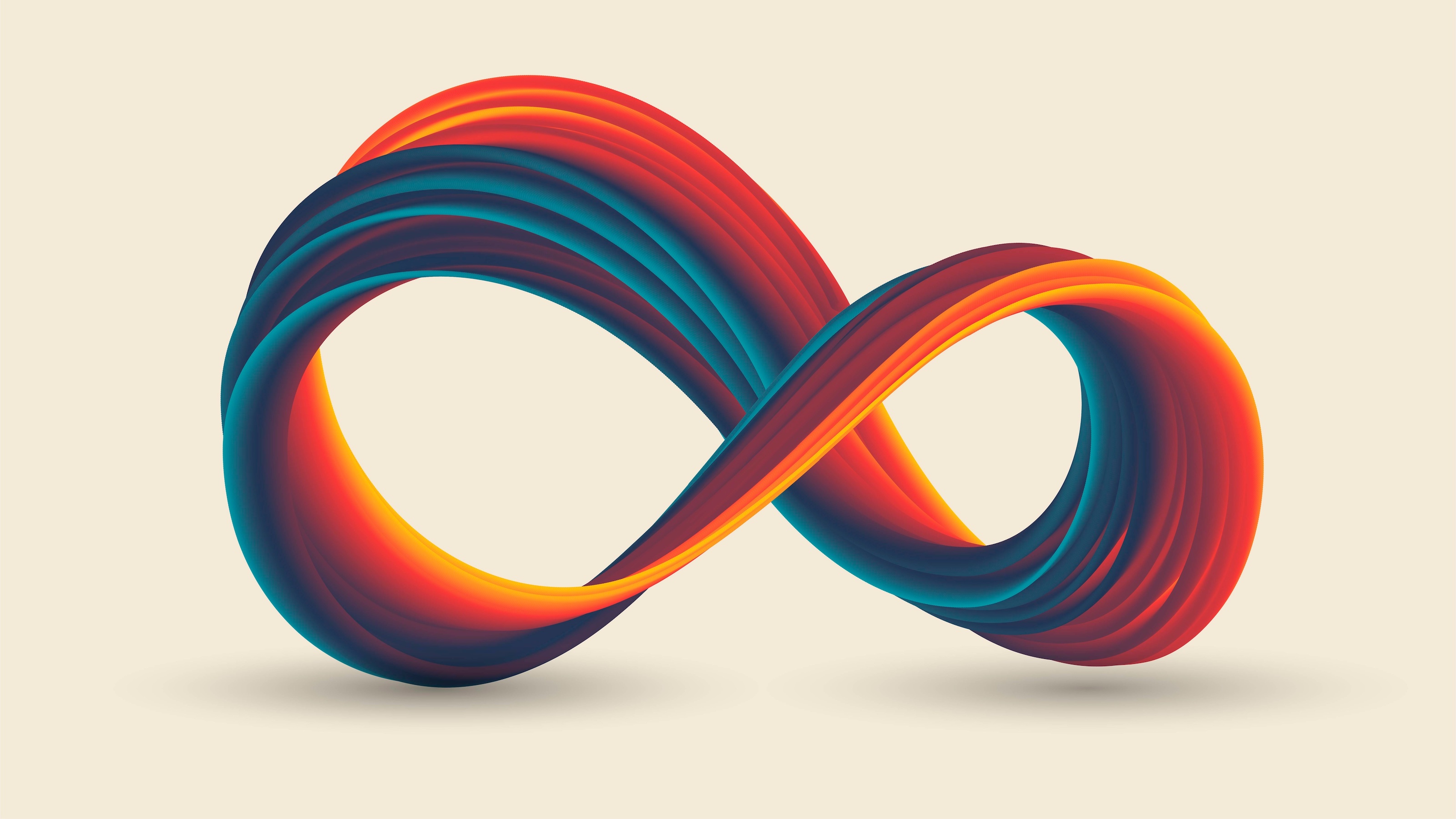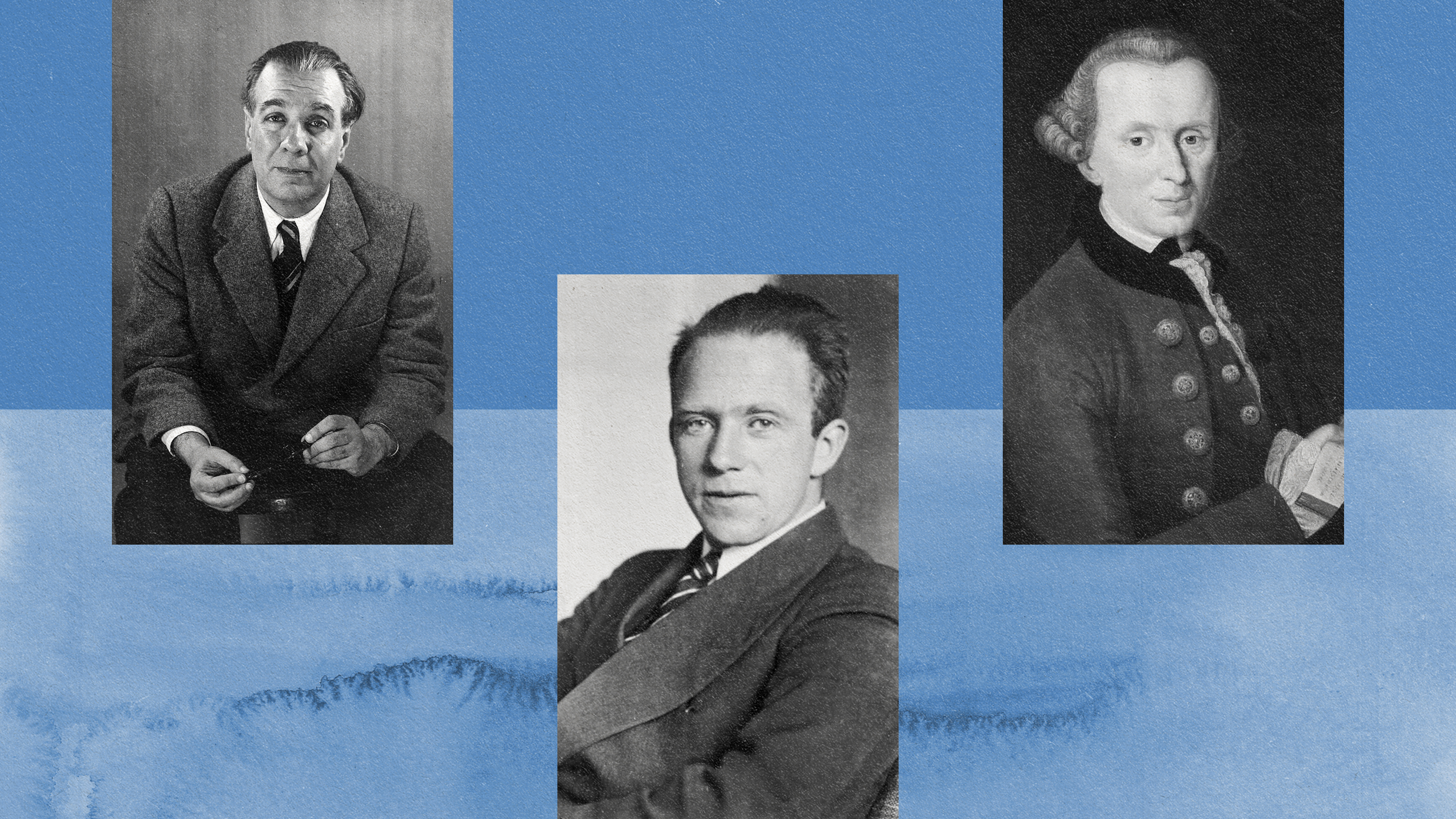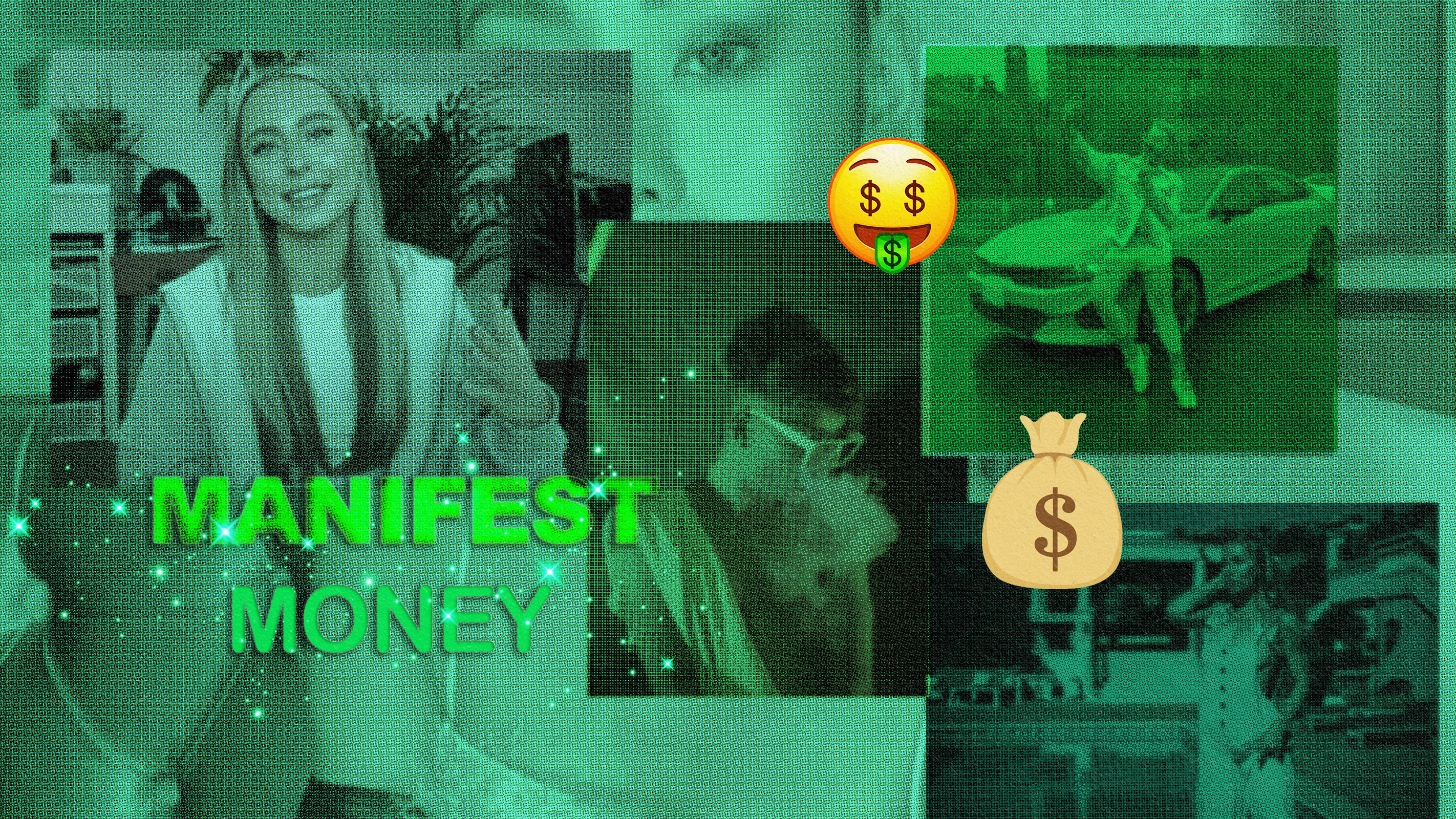books
AI-powered voice technology is poised to revolutionize the ways we do business.
Artificial general intelligence will not arise in systems that only passively receive data. They need to be able to act back on the world.
The smartest person in the world was Isaac Newton, a true polymath whose brilliance never has been, nor ever will be, surpassed.
The world’s “most produced living playwright” wins out over other contestants, including Salman Rushdie and Margaret Atwood.
If you want to achieve new goals, harness your brain’s ability to change chemically, structurally, and functionally.
Step 1: Don’t solve the wrong problem.
There’s nothing like the end of the world to make you a philosopher.
Want to write a time-travel story? Do so at your own risk.
Historians have been able to piece together a clear picture of how the average Roman citizen spent their waking hours.
Your organization won’t become a “data democracy” organically — shared knowledge is key.
Get rid of the notion that the best employees come from Harvard, Yale, and Princeton.
When leaders connect enterprise ambition with the driving spirit of activism, everyone wins.
A “stakehodler” has both a voice and a vote, an economic interest in how each network stewards important global resources.
Huge shifts in the workforce demand real-world changes in management practices; “command-and-control” no longer cuts it.
There are issues with Kinsey’s data, but his books revolutionized Americans’ thinking about sex and sexuality.
The amygdala can hijack your brain’s response if it recognizes past trauma in a current situation. To regain control, simply press pause.
The world is facing many crises, and we should look to natural interdependence and ancient wisdom as we explore science for solutions.
Still, the author’s main argument wasn’t totally discredited.
Technology goes in directions we can never predict — so we must be prepared to limit the spread of unintended consequences.
Frustrating failures sometimes lead to great breakthroughs.
Individuals and organizations can maintain a strong and enduring identity by repeatedly remaking themselves.
Dive into seven texts that continue to shape Western philosophy, from ancient Mesopotamia to Greece’s brightest minds.
“Choose not to be harmed—and you won’t feel harmed,” advised Stoic philosopher-emperor Marcus Aurelius. He had a point.
The anxieties underpinning the Great Resignation were simmering for a long time. Here’s a solution.
The One Ring has its own agency and sentience — and it opens up a wonderful philosophy of things beyond our comprehension.
A new book envisions an encounter of minds between the Argentinian writer Jorge Luis Borges, the physicist Werner Heisenberg, and the philosopher Immanuel Kant.
There’s really only one mistake you can make: continue doing the same thing you already know is hurting you and expect a different result.
Being a good leader requires emotional capital, which is one reason why many bosses are so bad at it.
Millennials — who were raised to expect unlimited success but found only disappointment — can be drawn to manifestation.
Six authors, six monumental legacies, and a unique thread connecting them: a solitary novel that shines brightly.


